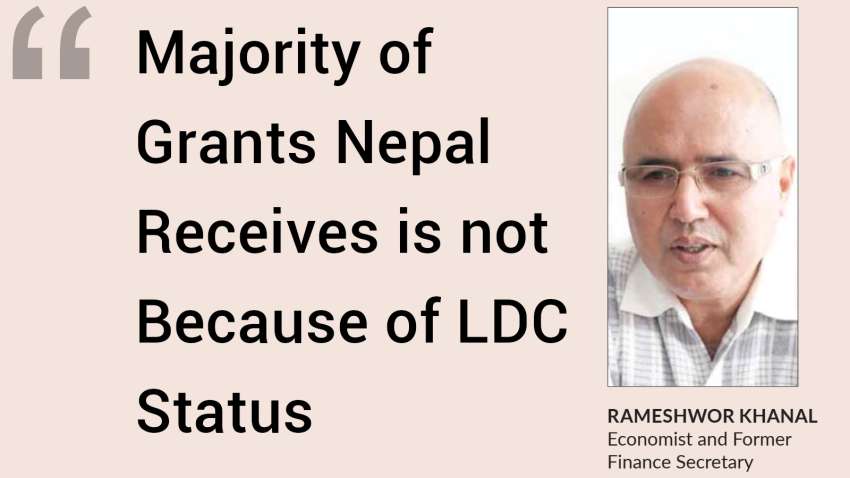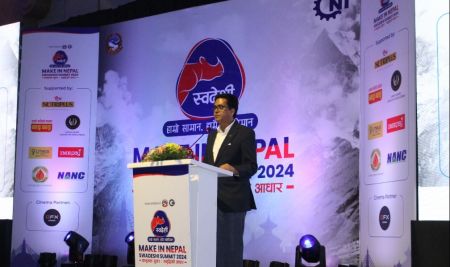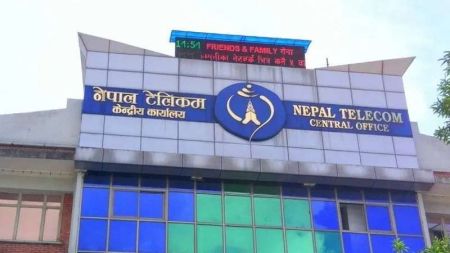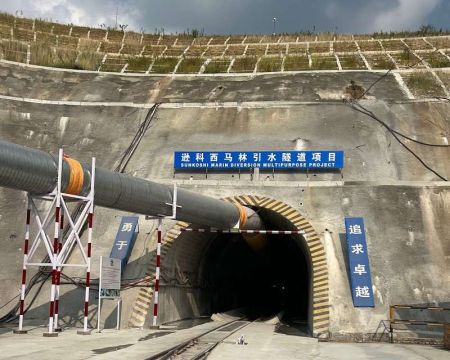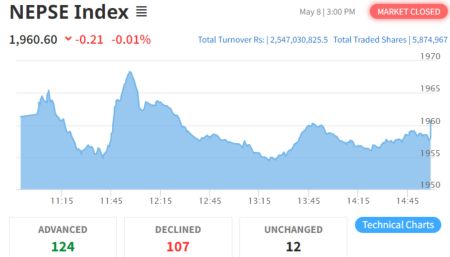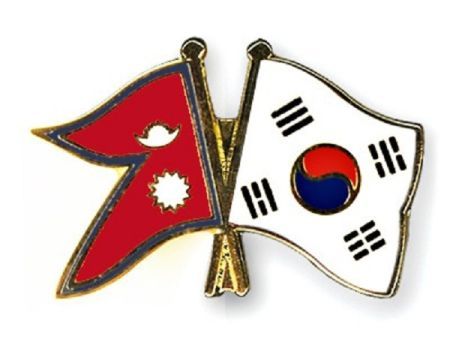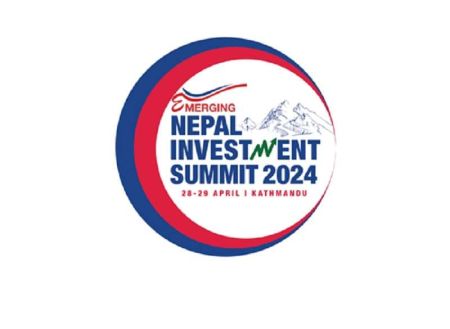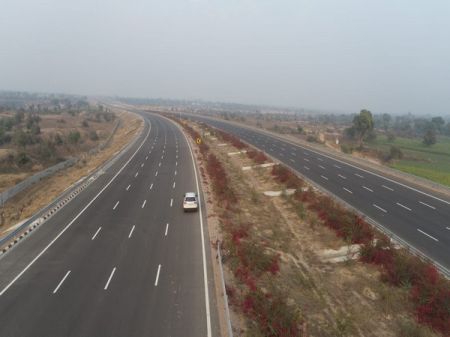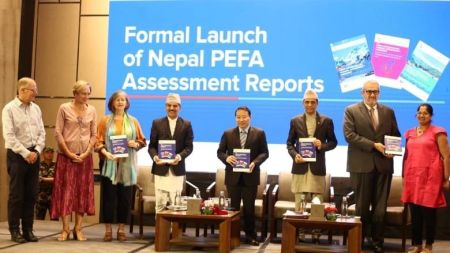Nepal has been a member of the Least Developed Countries (LDCs) list when it was first created in 1971 by UN Committee for Development Planning. After about 55 years, Nepal is graduating group ever since the group was created in 1971. But now the country is set to shed its 55-yr-old identity and graduate to a developing country in November 2026. How should we take this transformation?
Well, we should embrace this transformation positively. The LDC tag was never a source of pride, despite the associated privileges. The evolution Nepal has undergone seems paradoxical. Despite experiencing low long-term economic growth, Nepal remarkably reduced poverty in the first two decades of this millennium. There was a significant improvement in human development despite enduring an armed conflict, prolonged political instability, frequent natural disasters, and grappling with the political and economic challenges of being landlocked. Interestingly, Nepal actually met the criteria for graduation in 2015 and 2018 based on two out of three graduation benchmarks—the Human Asset Index and the Economic and Environmental Vulnerability Index.
Upon complete graduation, Nepal will forge a new identity in the global community. As a low-middle income country, Nepal's enhanced economic standing will likely attract foreign investment, boosting investor confidence. This shift promises an improved landscape for economic opportunities and greater global recognition for Nepal's advancements.
There are three criteria set by the UN to graduate from an LDC to a developing country – per capita income, human asset index (HAI) an economic and environmental vulnerability index (EVI). Nepal is said to have met only two of these three criteria – HAI and EVI. Though the country has met these two criteria in three successive triennial reviews in 2015, 2018 and 2021, it has not met the per capita income criteria, arguably the most important one. How is this going to affect Nepal’s graduation?
Even amidst the global economic slowdown post-pandemic, Nepal managed a swift recovery, although the pace of economic growth did witness a slowdown last year. Yet, despite this temporary setback, Nepal's three-year average per capita Gross National Income (GNI) comfortably surpasses the threshold set for the 2024 review. This robust performance signifies that there's hardly any likelihood of Nepal falling short on the income criterion.
Hence, it's imperative for the government and the nation as a whole to proactively devise and implement a comprehensive strategy that navigates the economy through this crucial phase of graduation. This preparation should encompass a multifaceted approach, including policies fostering sustainable growth, investment attraction, and capacity building across various sectors. Such strategic planning will fortify Nepal's position as it transitions into the realm of developing nations, ensuring a smoother and more prosperous trajectory beyond graduation.
Nepal’s graduation efforts were earlier hampered by the 2015 earthquake and the Covid-19 pandemic. What are the chances of the Jajarkot earthquake affecting the country’s graduation aim?
I believe the Jajarkot earthquake won't likely yield negative implications for Nepal's graduation trajectory. It's worth noting that neither the 2015 earthquake nor the impact of the Covid-19 pandemic halted Nepal's earlier progression toward graduation. Interestingly, in 2018, when Nepal first became eligible for graduation, the deferral was at the government's behest. Back then, the government expressed concerns about potential losses in grant aid and associated privileges, which, in hindsight, appeared to be an overstated apprehension.
It's essential to recognize that the majority of grant aid Nepal receives isn't contingent upon its LDC status. Donors often employ distinct criteria in their aid allocation decisions. Moreover, Nepal hasn't substantially leveraged international support measures linked directly to trade benefits, indicating that the country's graduation from LDC status might not significantly impact such support measures.
What are the advantages of graduation?
The primary advantage undoubtedly lies in the sense of pride for Nepali citizens. Additionally, there are significant economic benefits. With increased confidence from foreign investors, we anticipate a surge in investments. It's noteworthy that Nepal did not extensively leverage the trade preferences typically granted to LDCs, rendering the losses from transitioning away from this status relatively insignificant.
What are the disadvantages and how are we going to address them?
Indeed, as mentioned earlier, Nepal stands to lose relatively little, implying that there aren't substantial disadvantages to this transition. The impact on our trade volume, which was minimal using LDC trade preferences, might be noticeable. Nevertheless, Nepal has the opportunity to explore alternative preferential arrangements. Exploring bilateral trade agreements that favour our interests and facilitating the inflow of investments from abroad are proactive steps Nepal can take in this new phase of development. Strengthening bilateral ties and actively seeking mutually beneficial trade agreements will be pivotal in navigating this transition smoothly.


